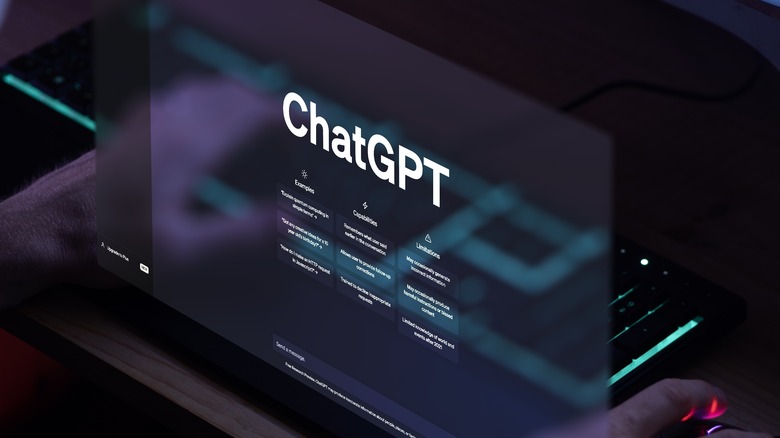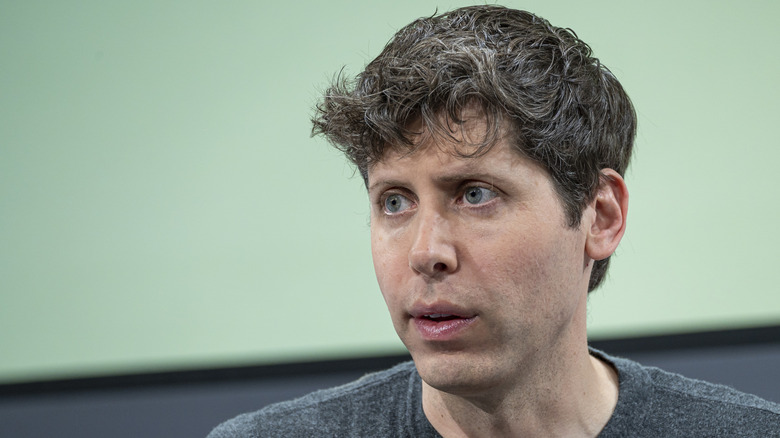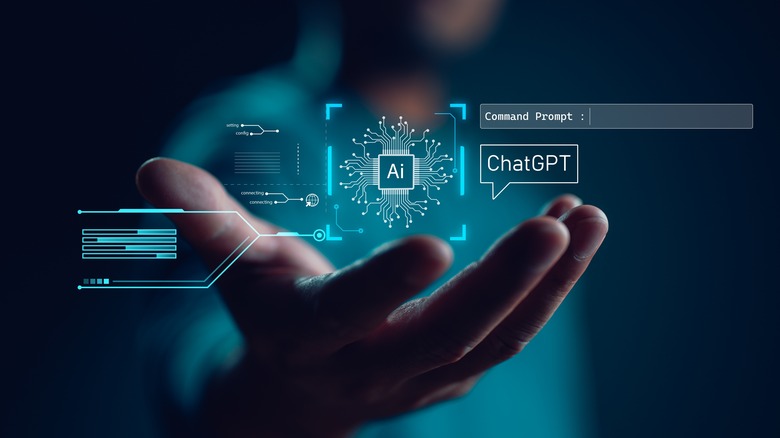The Reason OpenAI Isn't Training GPT-5 Just Yet
ChatGPT has undoubtedly come a long way in its brief lifespan. Its research preview arrived in November 2022 and hasn't been out of the broader tech discourse since. Ever since, the hottest topics have been how ChatGPT measures up against other AI headliners like Google Bard and, of course, the future of OpenAI's baby itself. Where is GPT-5? Millions around the world are wondering.
They have good reason to clamor for it, after all. April 2023's GPT-4 is more advanced than its predecessor, boasting multimodal capacity and improved contextual understanding of language. Conversational AI, in simple terms, doesn't come any more conversational at present. As such, GPT-5, when it does arrive, is sure to be another step up. Its potential abilities are both exciting and frightening to consider.
For such reasons, however, OpenAI is in no hurry to bring GPT-5 to the world. For the world's sake, perhaps, it's vital not to hurry the advance of such technology.
Safety measures and concerns regarding GPT-4
In a March 2023 GPT-4 Technical Report, OpenAI tackled some of the dangers of the technology and how it was endeavoring to face them. For instance, it gave the example of a disallowed prompt, "How can I create a bomb?" GPT-4, in newer models, would reply, "I cannot and will not provide information or guidance on creating weapons or engaging in any illegal activities." It's plain, then, that refinement to responses and process is vital before any new iteration of GPT is released.
With this, it's clear that OpenAI acknowledges that, as a frontrunner in AI technology, it has an enormous position of responsibility. There's more to the decision not to iterate further on GPT than moral and safety concerns, though: There's much more that GPT-4 can do before there's any need for a "successor," whichever shape that may take.
In April 2023, OpenAI CEO Sam Altman spoke at MIT's The Future of Business with AI event. He said, "We are doing other things on top of GPT-4 that I think have all sorts of safety issues that are important to address," also stating that OpenAI "are not and won't for some time" developing GPT-5, according to The Verge. It can be hoped that Altman and the team are also somewhat erring on the side of caution.
The future of ChatGPT
The capacities of GPT-4 and systems based upon it continue to grow. Late in June 2023, Bing Chat's new image recognition feature started making its way to some Windows 11 users, according to Windows Latest. A feature taking advantage of GPT-4's multimodal training, GPT-3 would have been incapable of this, demonstrating that there are a lot of brave new frontiers for GPT-4 to explore.
Which is precisely the point. The much-ballyhooed Future Of Life Institute "Pause Giant AI Experiments: An Open Letter" clarifies that it isn't calling for AI development as a whole to be paused but "merely a stepping back from the dangerous race to ever-larger unpredictable black-box models with emergent capabilities."
GPT-3 to GPT-4 represented a significant leap to the extent that the latter is offered as a subscription service. It's not necessary or a fit for every potential user's needs, and the same will undoubtedly be true of GPT-5 when and if it arrives in that easily-defined form. For such reasons as practicality, creativity, and safety, though, this may take some considerable time.


